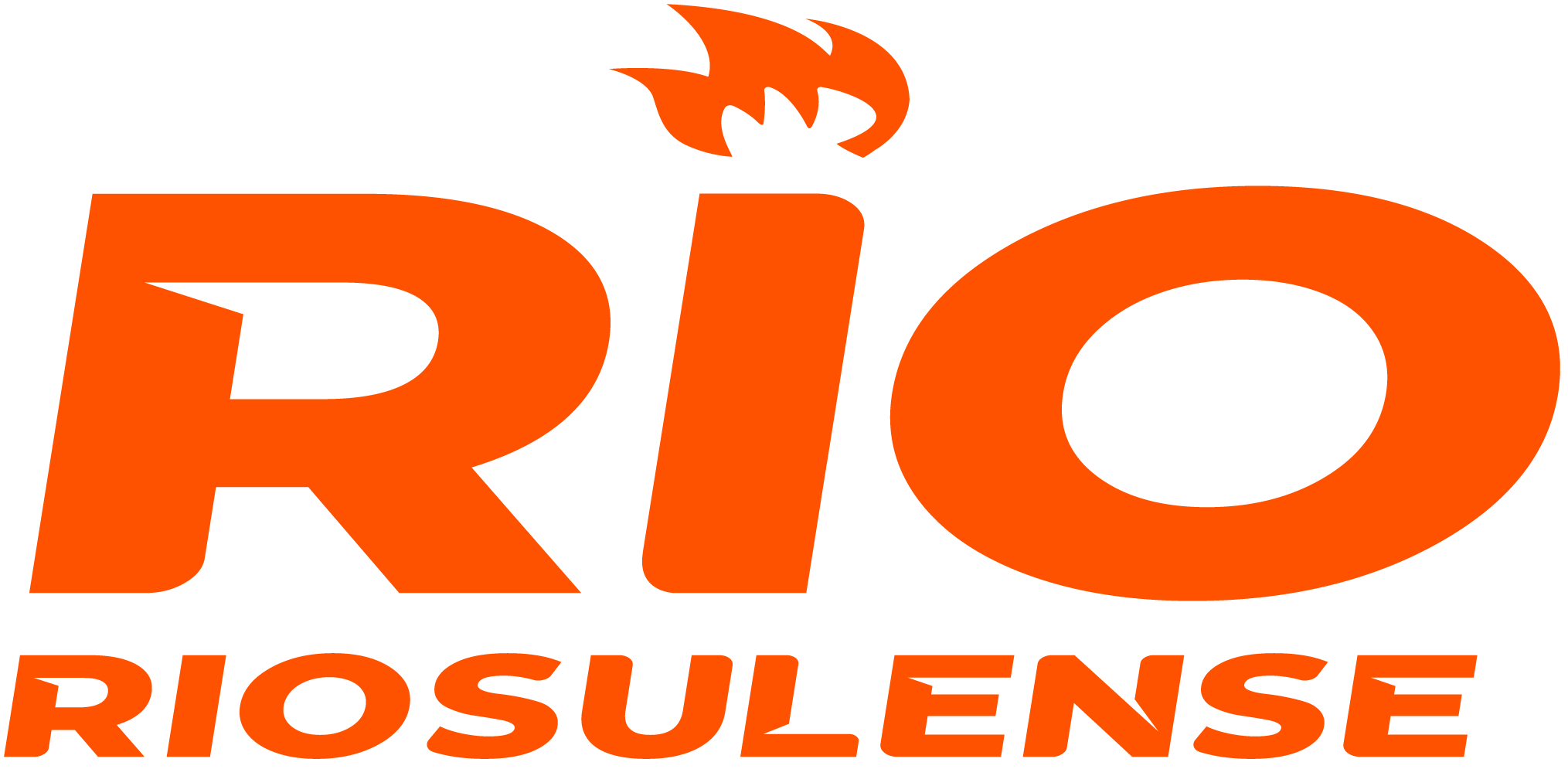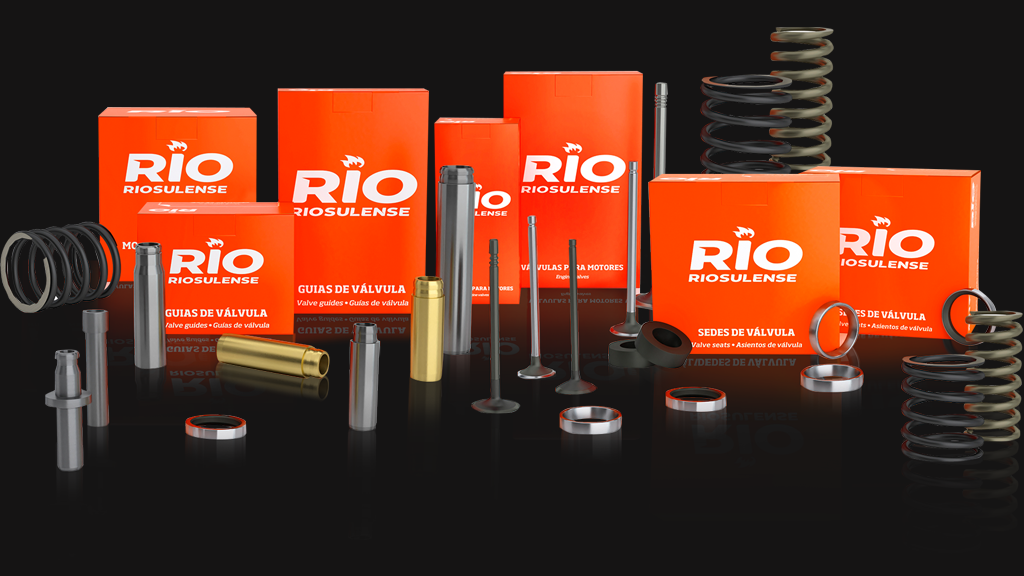It is true that the shop owner is not always up to date with the organization of the work flow – and the professional mechanic is the one who ends up “paying the bill”. That’s why, today, our conversation is precisely with this repairman who sometimes needs to turn around in his thirties to manage time in the repair shop and, in some cases, he even accumulates functions to ensure that everything happens according to the plan.
The importance of respecting time in the repair shop
Between following up on all financial issues, spare parts, contact with suppliers and customer relations, it is true that the workshop owner may end up leaving some issues aside and getting little involved in the workflow. Although common, however, this practice can negatively affect employees, hindering concentration and creating friction in the professional environment.
After all, which mechanic wouldn’t want to perform a greater number of services during the day? Or avoiding overtime and weekend “shifts”? Truth be told: just reducing the stress of not having to deliver a quick service due to short deadlines would justify the importance of good time management in the repair shop!
Remember that, by optimizing this work routine, it is possible to reduce the time spent on parallel tasks, allowing the professional to stay focused on their real assignments and increase productivity. In addition, better organizing time in the repair shop also reduces the risk of work accidents, avoids delays in deliveries and improves the quality of the service provided!
Check out 3 tips to optimize your shop routine
If the owner of the shop where you work does not yet recognize the benefits of better organizing, dividing and distributing tasks on a daily basis, the mechanic professional can improve his own flow. It is true that your role is not to assume alone—and for free—this responsibility. However, at the individual level, there are some alternatives you can put into practice to avoid the headaches.
So, who knows, it’s possible to set an example of how good time management can improve productivity! With this in mind, we have separated 3 tips that can simplify your routine in this regard, check it out:
1- Organize your workspace
To achieve good productivity, you need to feel comfortable in your workplace. Therefore, it is essential to get rid of unnecessary objects and tools. Keep on your workbench only what is essential to carry out your tasks. The same goes for the space around the vehicles: no leaving useless and little-used materials along the way! The tip is to keep the shop always organized!
So, establish where everything should be, keeping those frequently used items close together so you don’t waste time chasing them or having difficulty accessing them. For example, if the mechanics perform a lot of work that needs to remove and put tires, leave all the tools near the car so that you don’t have to move the tire around the shop. This will reduce the time spent on this process and reduce wear and tear on the mechanic.
2- Try to clean daily
Leaving cleaning for one day of the month seems like a great way to not waste time on side tasks, doesn’t it? It does not actually work out like that. Depending on the workflow, the environment and tools can get dirty in a few hours, making the professional’s work difficult and sometimes compromising the quality of the service provided.
When cleaning daily, it is easier to keep the place organized and the equipment up to date, in addition to not being as tiring as having to tidy everything up in a single day. Not to mention that keeping work tools clean is also a way to increase their durability, preventing accidents and rework, for example.
3- Be careful with the amount of to-do
It’s no use making a huge to-do list if you can’t do even half of it because of the time. The ideal is to list the amount of activities that you will, in fact, be able to carry out and, if there are a few minutes left during the workday, advance something for the next day.
By following these tips, you can better organize your day, without necessarily stretching your hours. This way, even if your demand is not that great, you gain more time to carry out repairs and restorations with peace of mind, decreasing the chances of errors during the process and, of course, resulting in a more flexible and user-friendly work routine.
And don’t forget that, in a more functional environment, in addition to performing their tasks with more precision, the repairman can also convey much more credibility to customers. This also helps to enrich the added value of the service provided. In other words: everyone wins with good time management in the repair shop.
That’s why it’s important to keep an eye on the best practices out there and take these tips seriously when optimizing your processes! Oh, and if this content was useful for your daily life, be aware that RIO‘s blog is full of technical tips, advice for the workshop routine and practical guides to simplify automotive repair!



